Powell Street Promenade in Downtown San Francisco (Photo by Kathleen Corey)
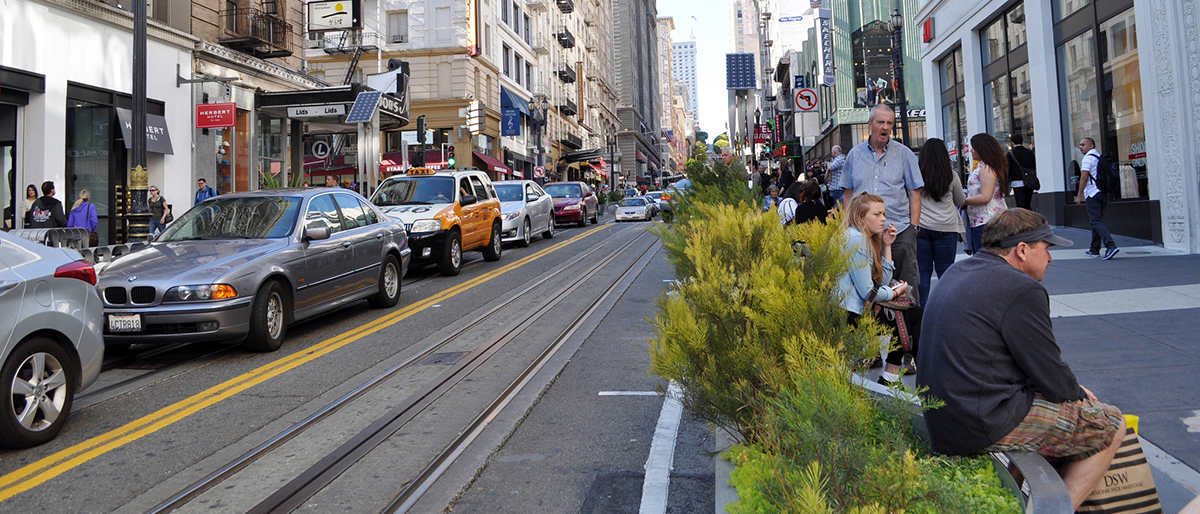
This website provides inspiration, practical information, and ready-to-use tools that will support local leaders and community organizations in their public space stewardship efforts.
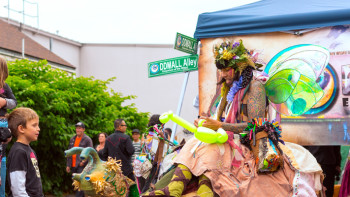
BACKGROUND INFORMATION The event-based model centers around programming and activation. The model involves temporary alteration or creation of public spaces Read More ...
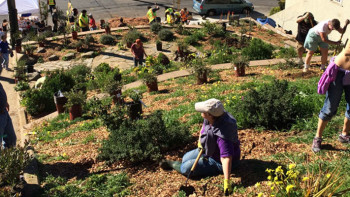
BACKGROUND INFORMATION In some scenarios, groups of residents, business owners, and other local stakeholders have formed grassroots organizations for the Read More ...
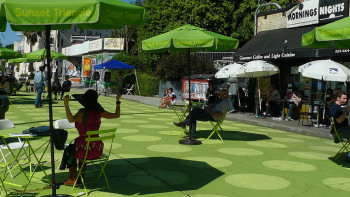
BACKGROUND INFORMATION A public–private partnership is a government service or private business venture which is funded and operated through a Read More ...
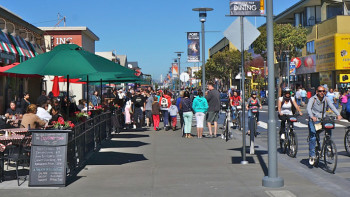
BACKGROUND INFORMATION Like most states, California law allows for the formation of special assessment districts - areas in which property Read More ...
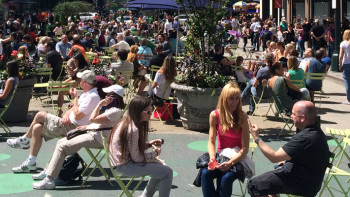
BACKGROUND INFORMATION For many small community organizations, taking on all aspects of public space management can be challenging. Particularly when Read More ...
V.1 PDF - 58MB